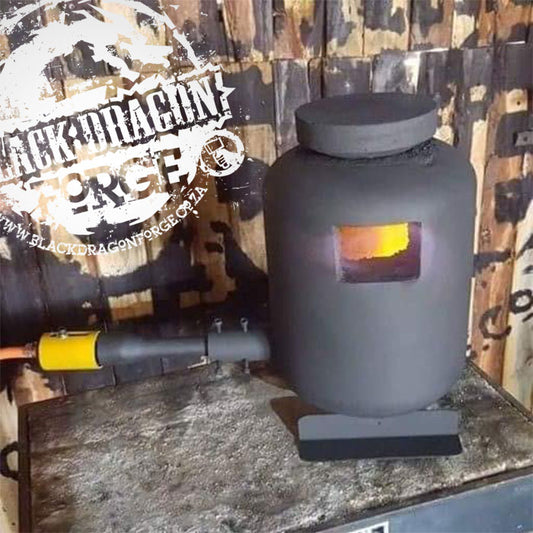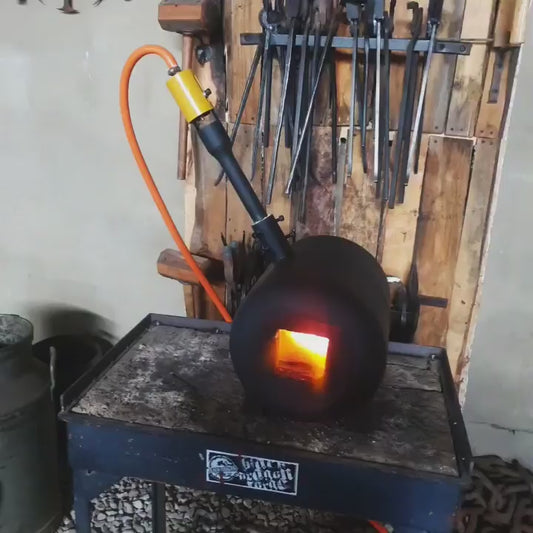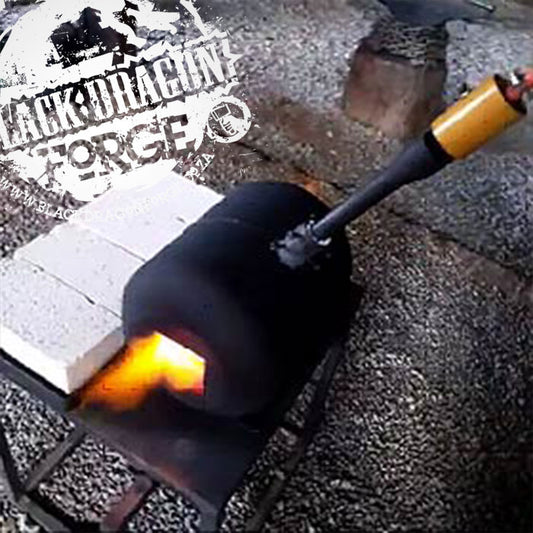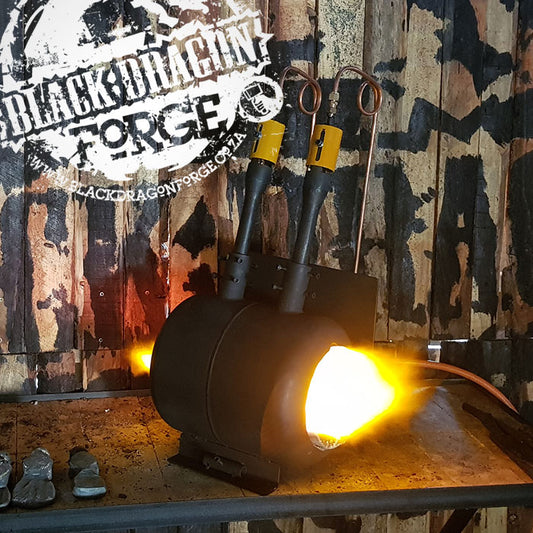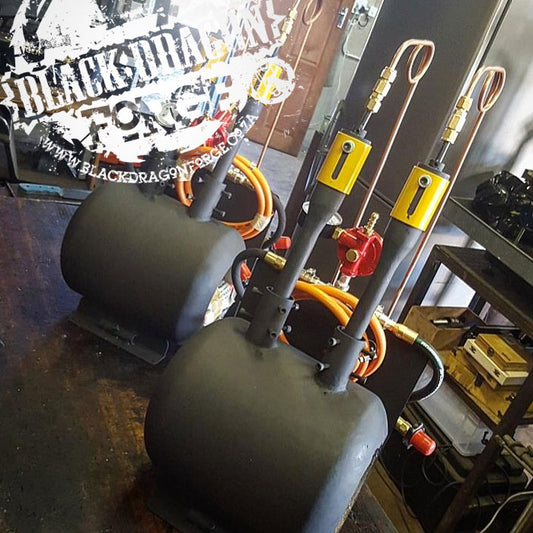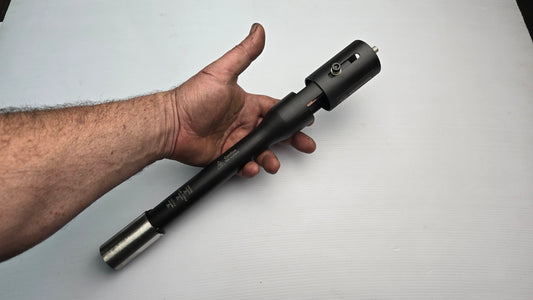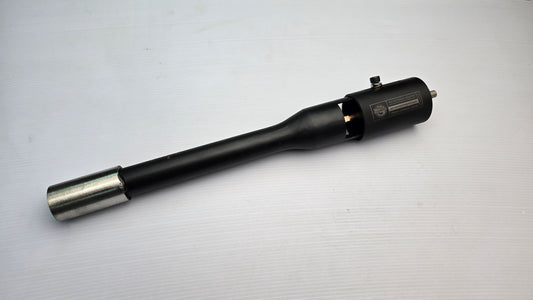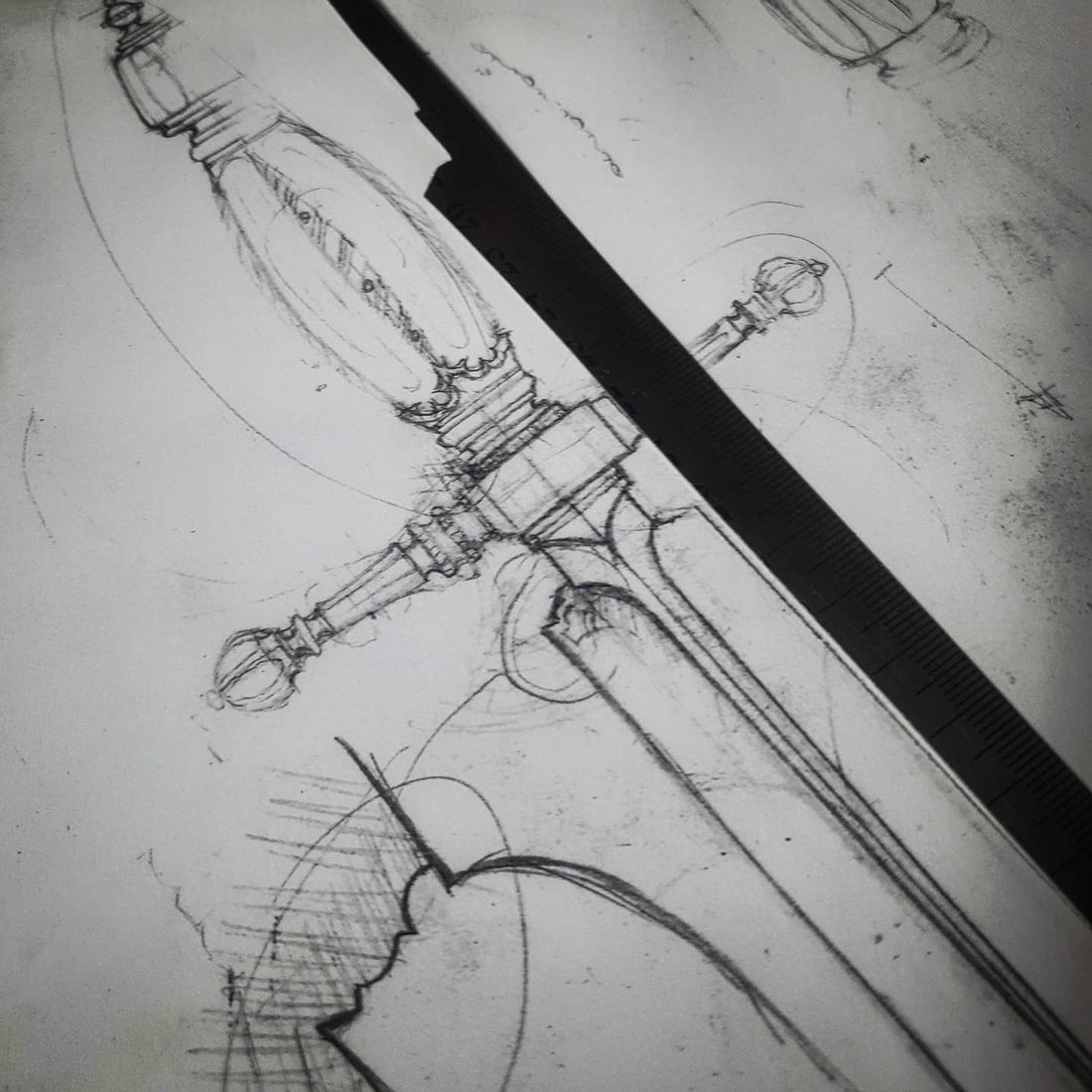
Overcoming a Lack of Motivation as a Knifemaker
Neels Van Den BergDo you ever find yourself staring at a blank workbench, lacking the drive and inspiration to create a masterpiece with your blades? As a knifemaker, it's not uncommon to experience periods of low motivation, where the creative spark seems to flicker. But fear not! In this article, we will explore strategies and techniques to help you reignite your passion, overcome the slump, and get back to crafting exceptional knives. So grab your favorite tool and let's dive in!
Understanding the Root Cause of the Motivational Slump
What is motivation, anyway?
Motivation is the force that drives us to take action, pursue our goals, and engage in activities we find meaningful. It is the spark that fuels our creativity and pushes us to excel. However, it's essential to recognize that motivation is not a constant state but rather a fluctuating and dynamic force.
Identifying the factors behind the slump
When facing a lack of motivation, it's crucial to dig deeper and identify the underlying factors contributing to the slump. It could be caused by a variety of reasons, such as burnout, external distractions, self-doubt, or a lack of inspiration. Understanding the root cause will help you develop targeted strategies to address the issue head-on.
Strategies for Overcoming the Motivational Slump
1. Take a break and recharge
Sometimes, the best way to reignite your motivation is to step away from your work for a while. Engage in activities that bring you joy, whether it's spending time in nature, reading a book, or pursuing a different hobby. Taking a break allows your mind to rest and rejuvenate, making space for fresh ideas and renewed enthusiasm.
2. Set small, achievable goals
Feeling overwhelmed by the magnitude of a project can quickly dampen your motivation. Break down your knifemaking process into smaller, manageable tasks and set realistic goals for each one. Celebrating these small victories along the way will boost your confidence and keep you motivated to tackle the next step.
3. Seek inspiration from diverse sources
Expand your horizons by exploring various sources of inspiration. Dive into books, magazines, and online forums dedicated to knifemaking. Attend workshops, conferences, or exhibitions to connect with fellow knifemakers and learn from their experiences. Drawing inspiration from different perspectives will infuse your work with fresh ideas and revitalize your creativity.
4. Experiment with new techniques and materials
Don't be afraid to step outside your comfort zone and experiment with new techniques or materials. Trying something different can reignite your passion and spark a renewed interest in your craft. Whether it's exploring a different blade shape, experimenting with new handle materials, or mastering a unique heat treatment method, embracing novelty can reignite your motivation.
5. Create a supportive network
Surround yourself with like-minded individuals who share your passion for knifemaking. Join online communities or local knifemaking clubs where you can connect with fellow enthusiasts. Engaging in discussions, sharing ideas, and receiving feedback from a supportive network can provide the motivation boost you need to overcome challenges and keep pushing forward.
6. Establish a routine and stick to it
Developing a consistent routine can help you maintain a steady level of motivation. Set aside dedicated time for your knifemaking craft and treat it as a priority. Whether it's a few hours every evening or a specific day of the week, having a regular schedule will reinforce the habit and make it easier to overcome those moments of resistance.
7. Embrace failure as a stepping stone to success
It's important to remember that setbacks and failures are part of the creative journey. Rather than letting them demotivate you, use them as valuable learning opportunities. Embrace the lessons they offer, adapt your approach, and grow from the experience. Failure is not a sign of weakness but a stepping stone towards improvement and future success.
Conclusion
As a knifemaker, you possess a unique skill set that allows you to transform raw materials into functional works of art. However, it's natural to experience periods of low motivation. By understanding the root causes and implementing strategies like taking breaks, setting achievable goals, seeking inspiration, experimenting, building a network, establishing routines, and embracing failure, you can overcome the slump and reignite your passion for knifemaking. So, pick up your tools, sharpen your blades, and let your creativity flow once again!
Frequently Asked Questions (FAQs)
Q1: How long does a motivational slump typically last?
A motivational slump's duration can vary depending on the individual and the underlying factors. It could last for a few days, weeks, or even months. The key is to address the root causes and implement strategies to overcome it effectively.
Q2: What if I can't find any inspiration for my knifemaking?
Inspiration can come from various sources, but if you're struggling to find it, consider exploring other art forms, nature, history, or even engaging in conversations with fellow knifemakers. Sometimes, inspiration lies just around the corner, waiting to be discovered.
Q3: Is it normal to doubt my skills as a knifemaker during a motivational slump?
Yes, self-doubt is common during a motivational slump. However, remember that skills take time to develop and that everyone goes through periods of doubt. Focus on continuous improvement and embrace the learning process. Confidence will naturally follow.
Q4: Should I force myself to work during a motivational slump?
While it's important to push through resistance and maintain consistency, it's equally crucial to listen to your mind and body. Pushing yourself excessively may lead to burnout. Find a balance between gentle persistence and giving yourself the space to recharge when needed.
Q5: How can I stay motivated in the long term as a knifemaker?
Motivation is a dynamic force that requires constant nurturing. Set new goals, seek continuous improvement, stay connected with the knifemaking community, and remember to celebrate your achievements along the way. A long-term commitment to growth and learning will fuel your motivation in the journey of becoming a skilled knifemaker.
Remember, the path of a knifemaker is filled with challenges, but with the right strategies and a resilient mindset, you can overcome any motivational slump and continue creating exceptional knives that leave a lasting impression.


